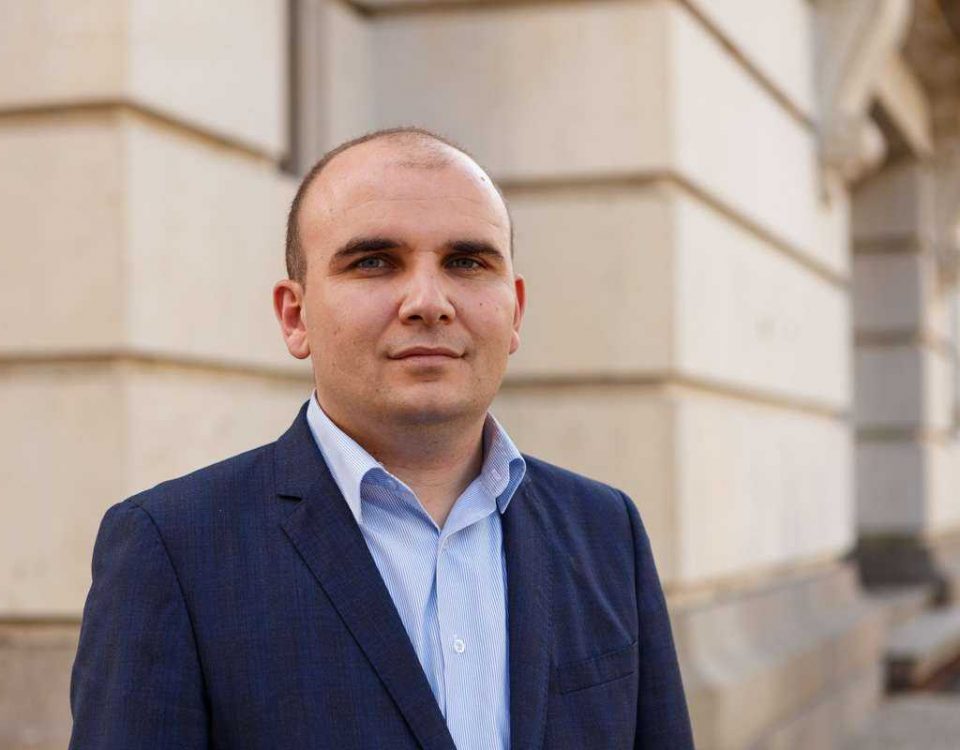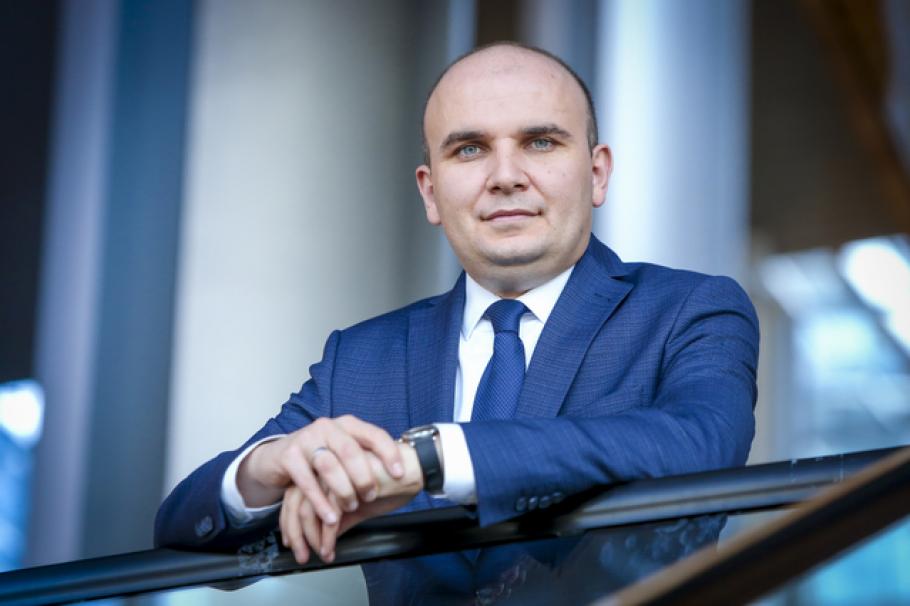New Strategy for gender equality and women’s rights post-2015 (B8-0148/2016, B8-0150/2016, B8-0163/2016, B8-0164/2016)
February 3, 2016Humanitarian situation in Yemen (B8-0147/2016, RC-B8-0151/2016, B8-0151/2016, B8-0152/2016, B8-0153/2016, B8-0155/2016, B8-0158/2016, B8-0160/2016)
February 4, 2016Ilhan Kyuchyuk (ALDE ), in writing
Undoubtedly, the worst humanitarian crisis of our time is Syria. Тhe Syrian civil war is the most complex, most violent and deadliest conflict on Earth. Now in its fifth year, the conflict is more than just a battle between those for or against President Assad. It has acquired ethno-religious character, spread into neighbouring countries, drawn in the world powers, and facilitated the rise of global jihadist groups like Daesh. More often than not, these new dimensions of the Syrian conflict jeopardise religious minorities in the extensively divided country. Daesh is responsible for the systemic killing of religious minorities and, to put it simply, everyone who does not share their radical views. This brutal terror campaign against religious minorities is definitely an absolute crime against humanity. In addition, the Assad regime is continuing to commit genocide against its own people.
More than ever, as the worlds’ leading normative power, the EU should begin an extensive diplomatic push for finding a solution. This, ideally, could happen during negotiations between Syrian government and opposition in Geneva this month. There, the EU could show its global role in dealing with challenges.
Тази публикация е достъпна и на следните езици: Bulgarian



